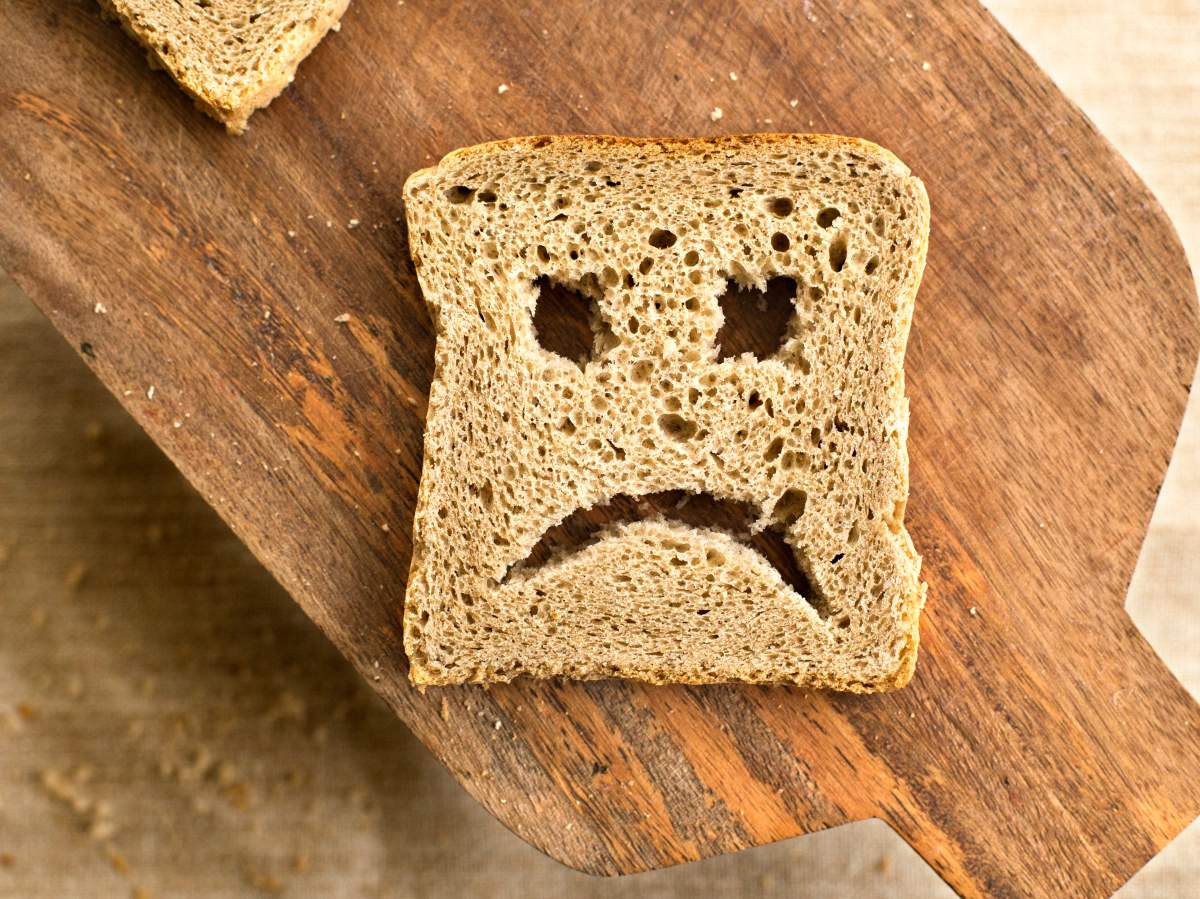People are quick to eliminate certain foods from their diets, chalking every adverse reaction up to an allergy, but there’s a big difference between food allergies and food intolerances.

WATCH BELOW: Those with food allergies more susceptible to food fraud

“Food allergies are real and they can be deadly,” says holistic nutritionist Tara Miller. “Food allergies will release IgE antibodies, which have an immediate effect and can lead to things like an anaphylactic shock. Whereas intolerances release IgG, which is more of an inflammation response.”
What’s a food allergy?
There are eight foods that account for 90 per cent of allergic reactions — peanuts, tree nuts, shellfish, fish, eggs, milk, wheat and soybeans — and their effects could cause rash or hives, nausea, cramps, diarrhea, chest pain and shortness of breath. In extreme cases, a person can go into anaphylactic shock, a serious and potentially fatal condition that causes a sudden drop in blood pressure, loss of consciousness and body system failure.
That’s because a food allergy is an immune system response that happens when the body identifies a chemical compound (usually a protein) in a particular food as hazardous, and responds by creating antibodies to fight it. These antibodies include histamine, and where they’re released dictates where (and how) the allergy will appear, whether that’s in the nose and throat, skin, digestive system or chest.
What’s a food intolerance?

Get weekly health news
A food intolerance, on the other hand, is a digestive system response that results from consuming something that the body can’t break down or digest. It manifests itself in gut reactions that include stomach pain, bloating, gas, diarrhea, heartburn and vomiting.
READ MORE: The trendiest diets of 2017 and what nutrition experts say about them
There are a variety of reasons a person may have an intolerance, including lacking an enzyme needed to digest the food, a sensitivity to additives or chemicals (like sulfites, for example, which are used to preserve canned goods and wine), or IBS. Unlike a food allergy, however, people with a food intolerance can typically eat a small amount of the offending food without having any reactions.
When can you develop an allergy or intolerance?
Although a lot of children can grow out of their food allergies or intolerances — it is estimated that 60 to 80 per cent of young children with a milk or egg allergy will be cleared of it by age 16 — adults may find that they develop them later in life.
It’s not uncommon, for example, for adults to develop an intolerance to lactose because we stop producing the enzyme required to digest it between the ages of three and five. In fact, less than 40 per cent of the world’s population can digest lactose after childhood.
“It’s important to listen to your body. If you’re experiencing bloating or cramping, or even irritability and lack of focus after your meals, you may want to play around with the foods you’re consuming,” Miller says. “But that doesn’t mean you’ll find the same answers for everyone.”
Are there dangers in cutting out foods unnecessarily?
The most effective way of determining if you have a food intolerance is by following an elimination diet, tracking everything you eat and then experimenting by reintroducing foods slowly so as to narrow down the offending item. But when it comes to fad diets, like going gluten-free, that’s not the typical tactic, and it can have consequences.
READ MORE: 100 ways to have a happier, healthier and better 2018
“We’ve associated going gluten-free with being healthier and especially with leading to weight loss, and that’s because for someone who is truly gluten intolerant, they’ll feel and look amazing after they cut it out,” Miller says. “But you can’t always equate the same thing to yourself. We can’t take one portion of a food group and apply it as a blanket health benefit.”
In fact, that kind of attitude can easily backfire on you. While cutting out gluten won’t lead to a nutrient deficiency, it can wreak havoc on your relationship with food and lead to disordered eating.
“Striving for a more restrictive diet has negative consequences on so many levels,” she says. “You could develop anxiety about eating out for fear that a restaurant or a friend’s dinner party won’t be able to cater to your needs, and some people can pull back socially because of that.”
It can also create a “slippery slope” into dangerous patterns, like extreme restrictions or binge eating, especially if it’s something you like but that you’re denying yourself.
“If you feel better not eating a certain food, it’s OK to avoid it,” Miller says. “Problems arise when people look to other people’s diets and apply them to themselves without questioning how they are actually feeling.”








Comments